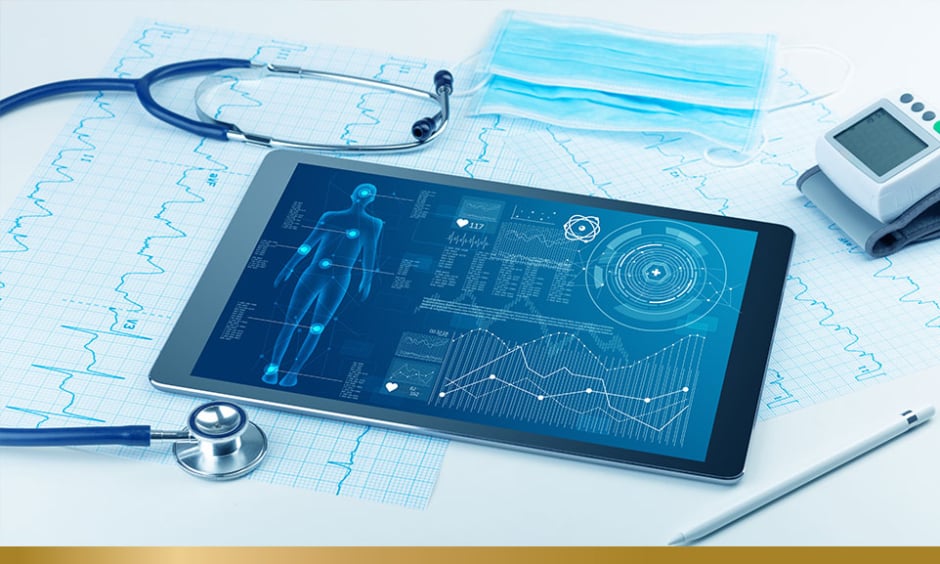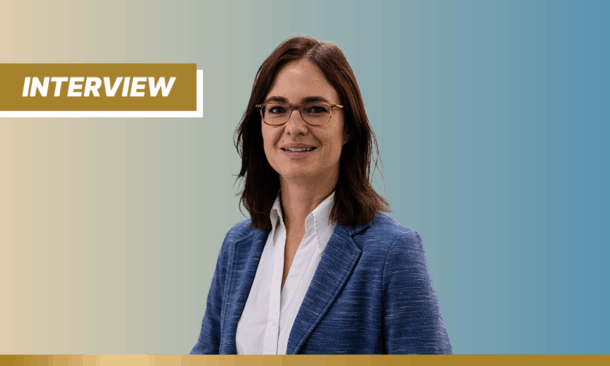The National Institute for Health and Care Research (NIHR) in the UK has announced over £1.5m of funding to 17 pioneering health technology projects, aimed at reducing waiting times for children and young people in need of mental healthcare and neurodevelopmental assessments.
Digital and AI innovations offer new opportunities
The funded projects focus on digital and AI-enabled solutions designed to streamline services, detect conditions earlier and deliver timely, personalised support. Innovations include tools to identify early signs of autism, predict care needs and integrate physical and mental health monitoring in one platform.
These technologies provide insights into emerging care pathways, real-world patient needs, and potential collaboration opportunities in the paediatric mental health space.
“Reducing waiting times is vital to improving mental health outcomes, and by innovating in both community and hospital settings, we’re helping children and young people get the care they need, when they need it”, said Professor Mike Lewis, Scientific Director for Innovation, NIHR. “To be able to share this news on World Mental Health Day sends an even stronger message about the commitment we have to investing in this important area of research.”
The funded projects
The projects are funded through the Invention for Innovation Funding at the Speed of Translation March 2025 opportunity, in collaboration with the NIHR HealthTech Research Centre in Paediatrics and Child Health.
They target early action to prevent poor health outcomes, supporting children with learning disabilities, neurodevelopmental conditions or mental health needs.
Among the funded projects, EnrichMyCare is developing an AI triage tool to recommend care pathways and ease pressure on clinicians, while Elaros is tracking toddler social interactions to identify early signs of autism. HalaraXR is using VR-based systems to capture children’s behavior for early support and referrals and Tiny Medical Apps is expanding the NHS-backed Digital Health Passport to integrate both mental and physical health monitoring in one platform.
A changing landscape
Together, these projects demonstrate how digital innovation is being applied to reduce waiting times and deliver more personalised support for children and young people. By integrating AI, VR and data-driven monitoring into existing care pathways, they offer a glimpse into how paediatric services are evolving – and how technology is beginning to shape the way families and clinicians interact with health systems.









